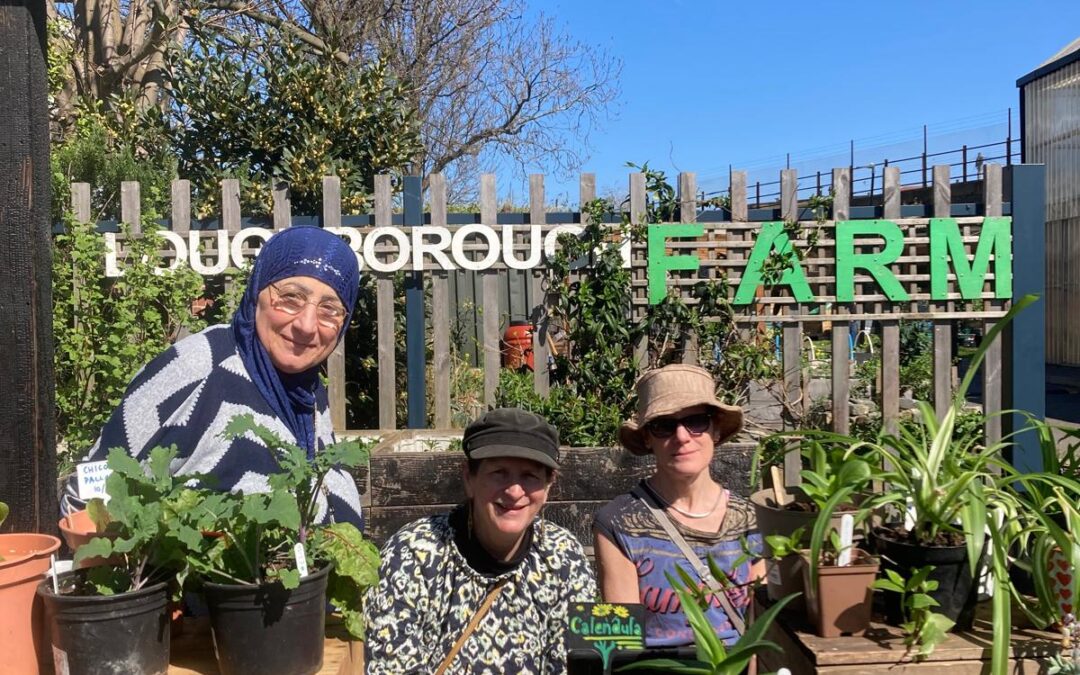A new cost entry has been introduced for a visit to Kew Gardens and its sister site, Wakehurst in Sussex, for people in receipt of Universal Credit or Pension Credit.
The offer is part of a suite of new pricing aimed to make both gardens more accessible to people of all ages and all incomes to enjoy a great day out in nature. This was part of the promises made by Kew when it launched is Manifesto for Change in early 2020 stating that ‘Kew must be accessible to a wide range of audiences’.
Kew Gardens boasts over 300 acres of landscape including a collection of 14,000 trees, four major glasshouses, art galleries, an award-winning children’s garden and the popular Hive installation, as well as free temporary festivals and exhibitions all year round.
Wakehurst, Kew’s wild botanic garden in Sussex, is located near the town of Haywards Heath. Home to the world-famous Millennium Seed Bank, Wakehurst boasts 535 acres of native temperate woodlands, meadows and wetlands in its beautiful landscape, including spectacular views of the South Downs and a year-round programme of visitor activities for all ages.
The new ticket will allow anyone who is in receipt of Pension credit or Universal credit to pre book online at www.kew.org or to walk up and pay their £1 on the gate.
RBG Kew is also introducing a new Young Person’s ticket for 16-24 year olds which can be purchased for just £9 either on the day or in advance of a visit. For families or other groups, there is also now a reduced price for early booking of just £15 per adult.
Kew also now offers people a significant discount for daytime visitors after 4pm on any day during extended opening hours over the summertime.
Richard Deverell, Director of the Royal Botanic gardens, Kew says; “We are really delighted to be able to offer more people a chance to experience the wonder of Kew and Wakehurst. We know what a wonderful thing it can be to enjoy a day out in nature and to explore the many corners of our gardens, take a picnic, listen to the beat of the wildlife and learn about the fascinating origins of some of our plants, many of which are extinct or threatened in the wild. I sincerely hope lots of people hear about this, avail of the offer and spread the word. Everyone is welcome.”
The Royal Botanic Gardens were first created in 1759 by Princess Augusta and made public in the 1840s. Kew Gardens was recognised as a UNESCO World heritage site in 2003. Today, Kew is a charity which receives roughly one third of its income from government but is required to self-generate the remainder through ticket sales, catering, commercial events and partnerships as well as donations and grants. All income is reinvested in both the running of the gardens and the world-renowned scientific research conducted in partnership with over 100 countries.




